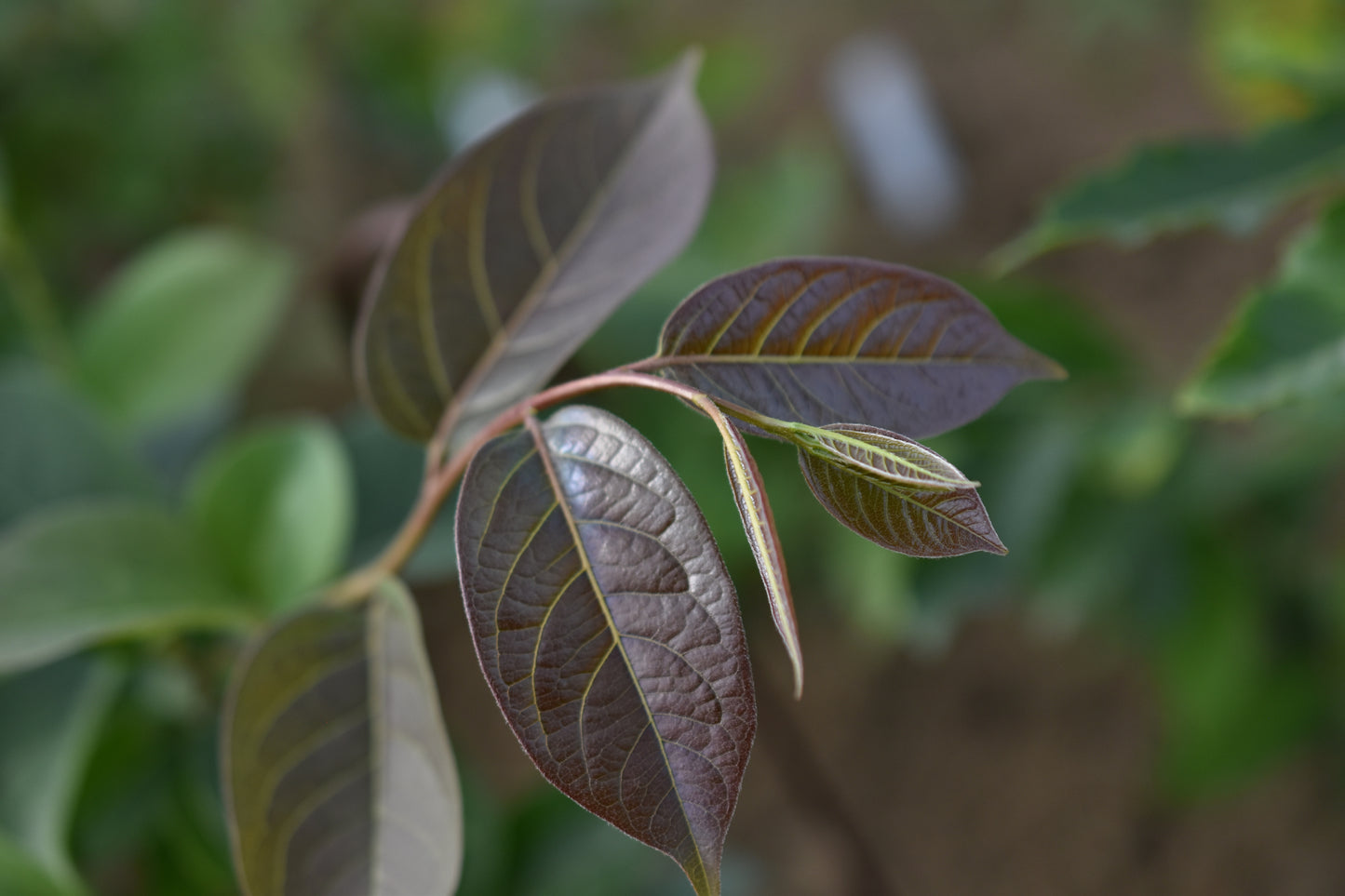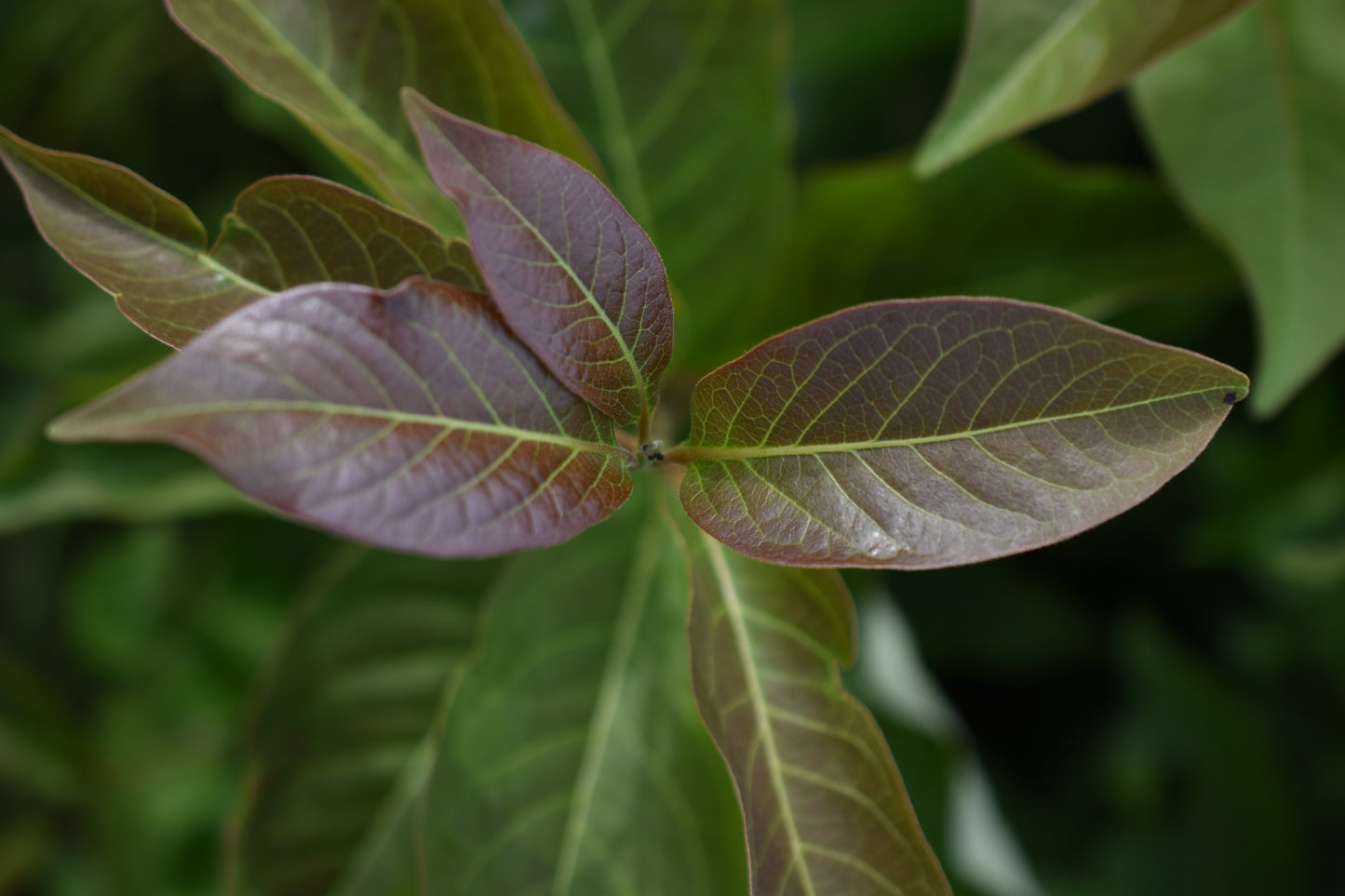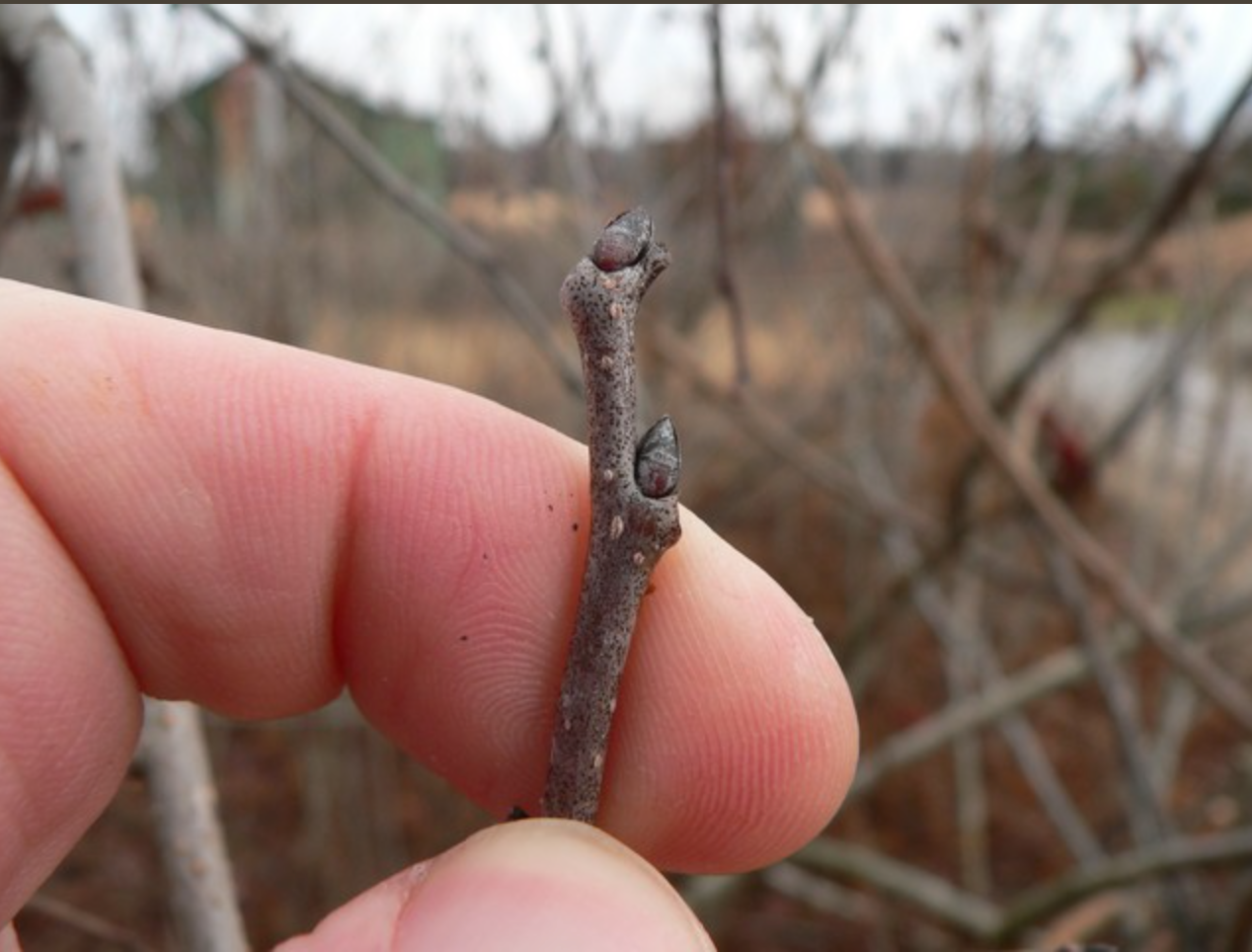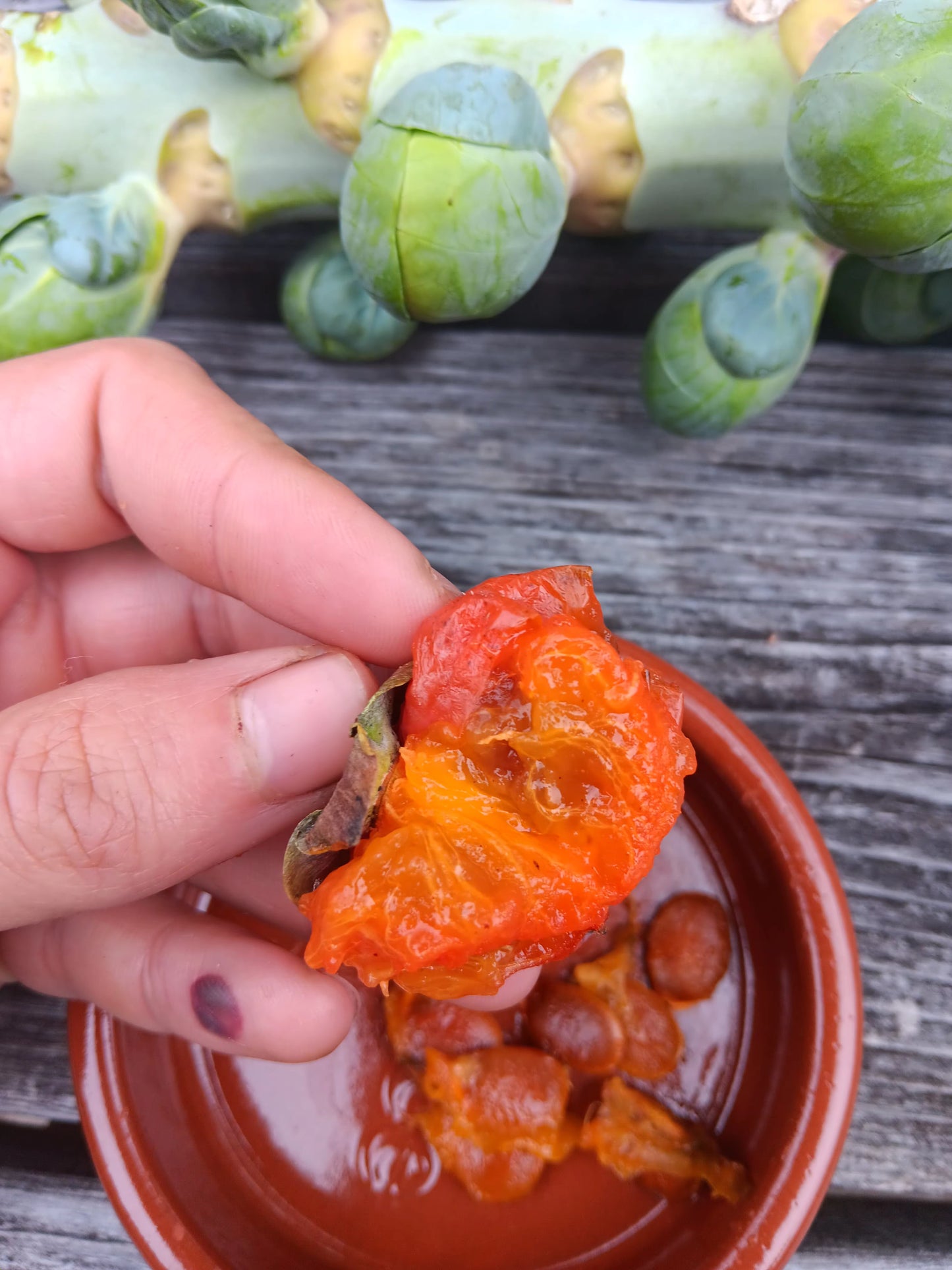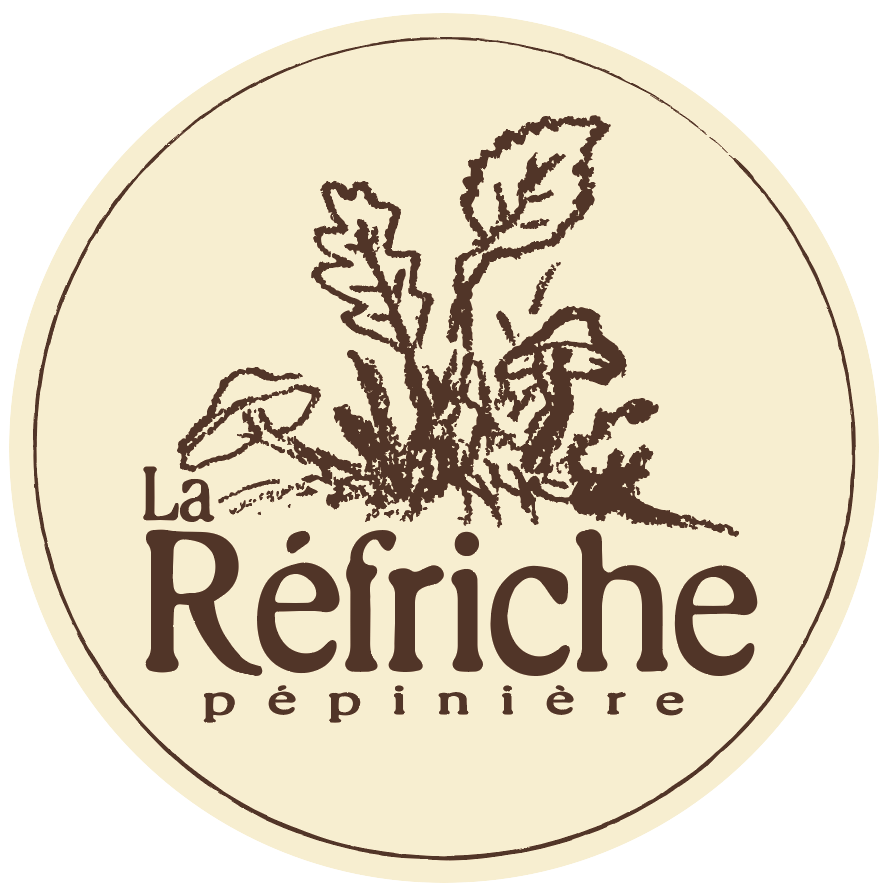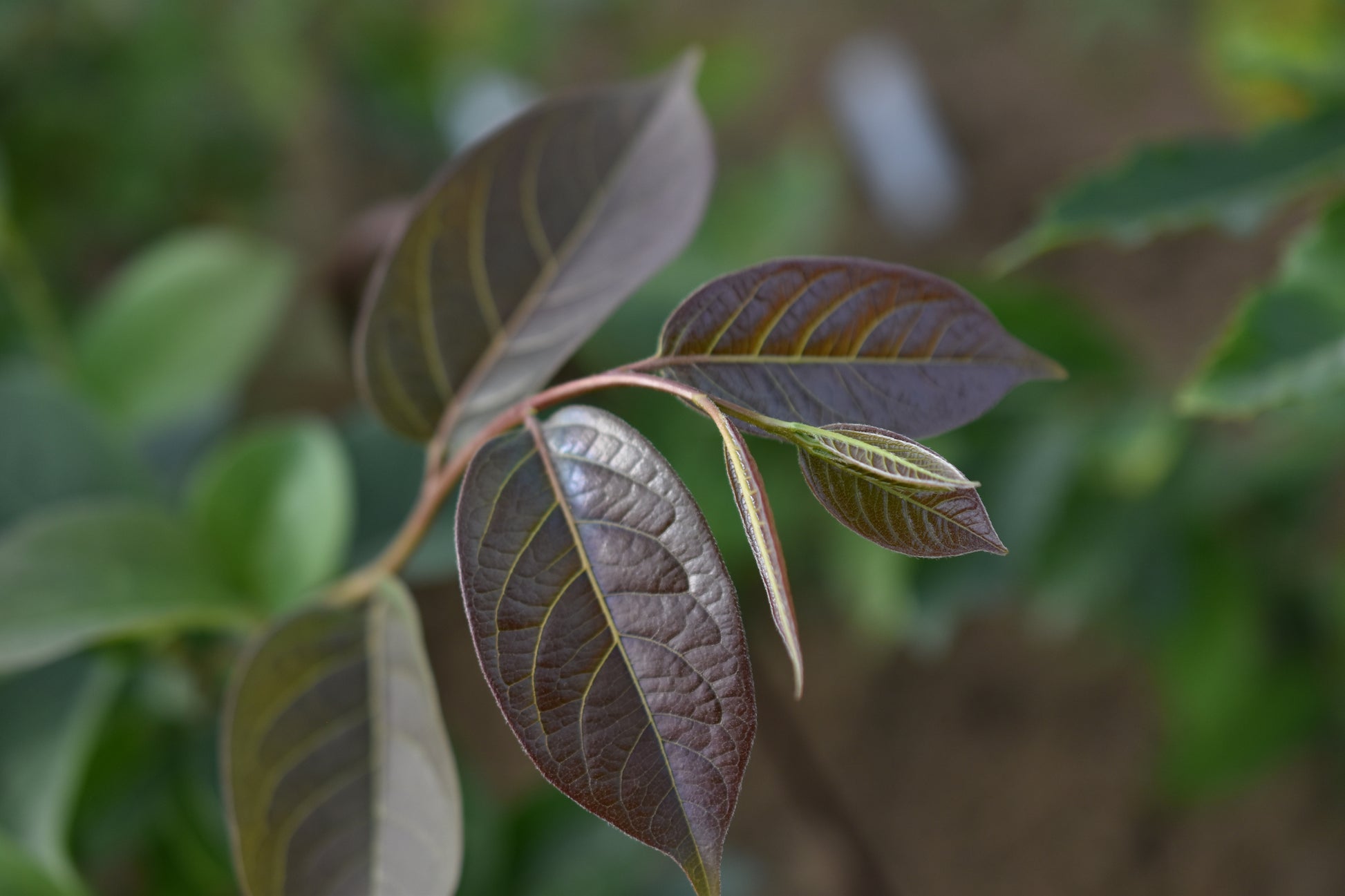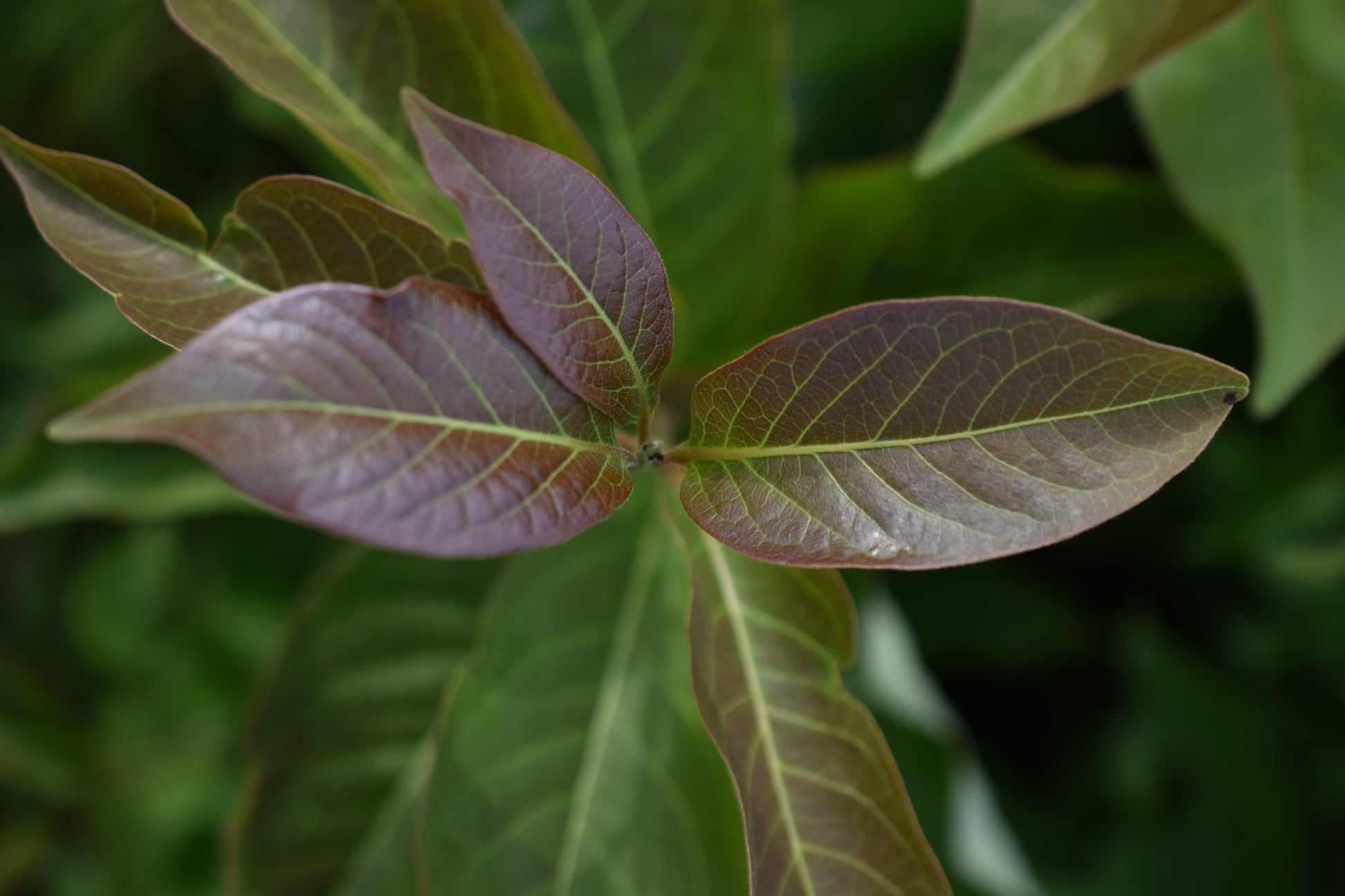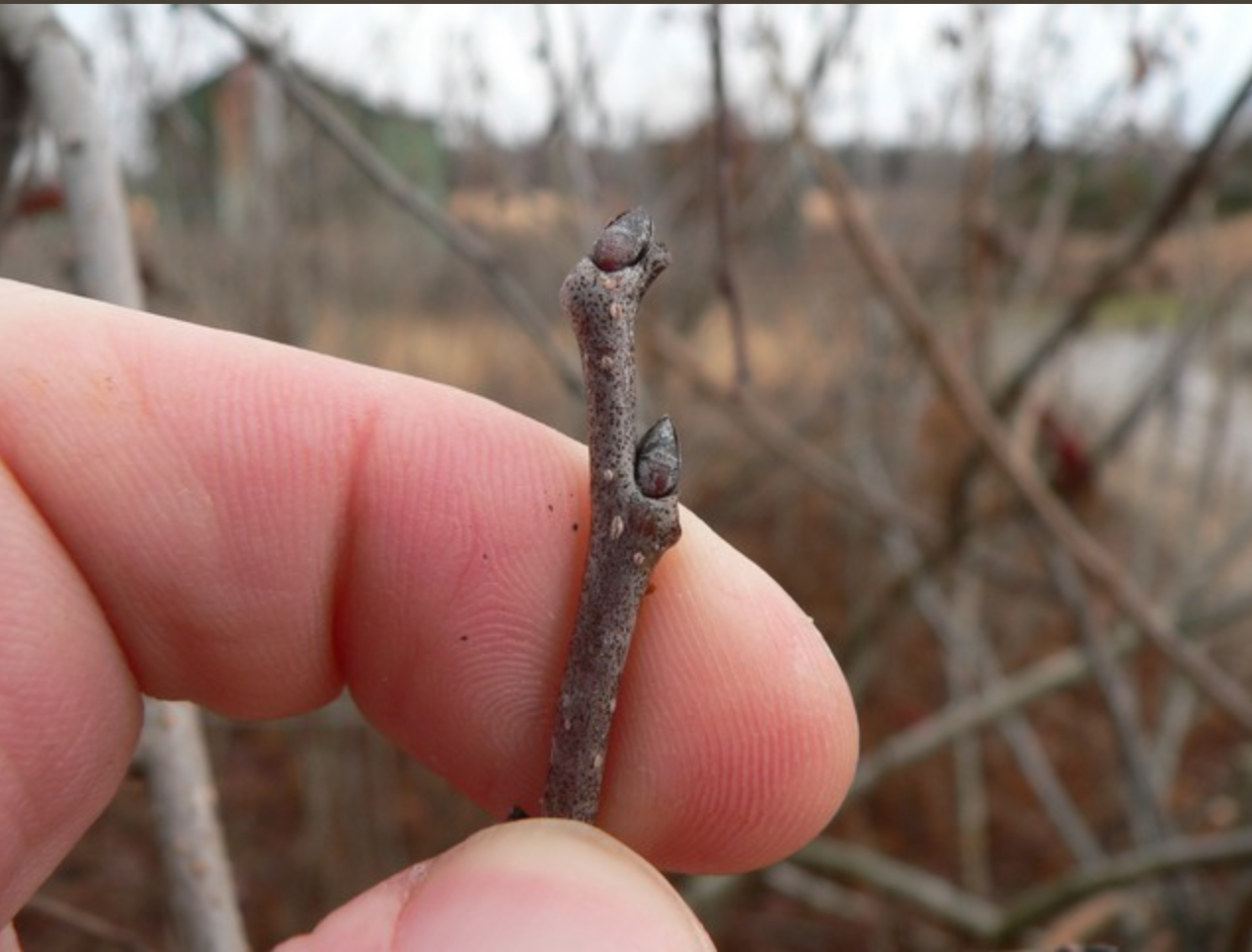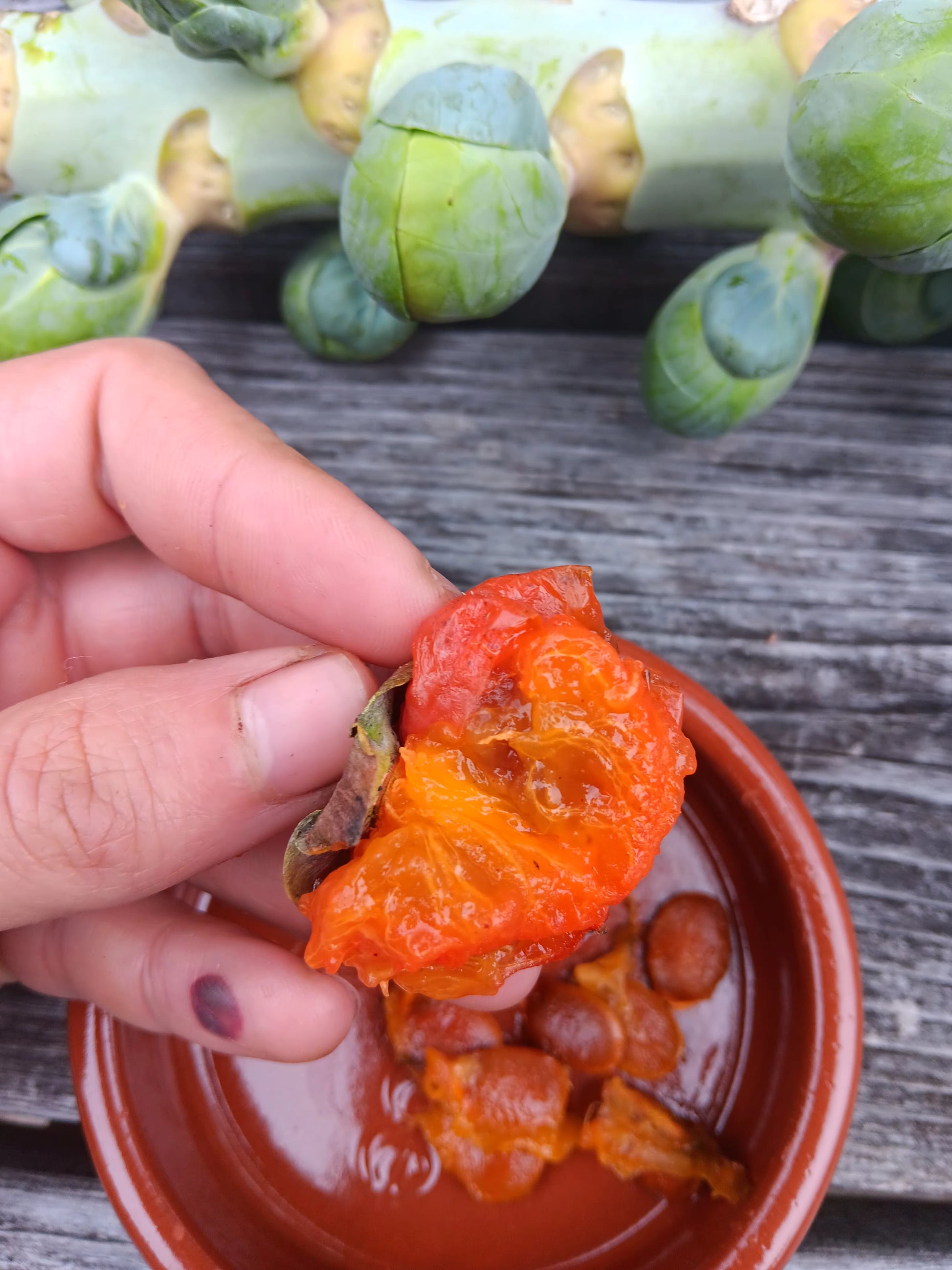La Réfriche Nursery
American Persimmon - Zone 5b
American Persimmon - Zone 5b
Couldn't load pickup availability
Diospyros virginiana - The virginia nut tree is not very hardy in the Quebec climate. It is better adapted to the warmer areas of our province which are protected from the strong winds. That said, its fruits are delicious and they have a potential of adaptability to our territories with the climatic changes.
(DEC wannabe 2 x Rosseyanka male F2)
Diospyros virginiana x [Diospyros virginiana x (Diospyros kaki x Disopyros virginiana)]
Seedlings from a controlled cross between two varieties of hybrid Plaqueminier. Zone 6b and up.
Diospyros virginiana seedlings
Diospyros virginiana x Diospyros virginiana in open pollination. The hardiness of this seed source is unknown. Zone 6b and above.
Prok seedlings
The mother tree of these seedlings is a variety selected by John Gordon from the Cornel University agricultural platform in New York State. Fruits are 3" in diameter, with good flavor and a firm, gelatinous texture. Zone 5b and up.
Yates/Juhl seedlings
Like 'Prok', the 'Yates' mother tree ripens fruit faster than average. Discovered by Ed Yates in Ohio, this tree attracted his interest by its high production of large-calibre fruit at 2¼" diameter. Zone 5b and up.
Geneva Long seedlings
The parent tree of these seedlings is a cultivated hybrid persimmon variety selected by John Gordon. Its fruit is long, oval, and less astringent than the average persimmon. Its sweet flavor and tender texture, which is firmer than wild persimmons, are sure to charm you! It ripens during the same period as ‘Prok’. Zone 5b and above.
Gordon House seedlings
The parent tree of these seedlings is an unnamed variety of hybrid persimmon selected by John Gordon. Its fruit is small and round, about the size of a wild fruit, but this tree's productivity is by far the highest of any persimmon tree I have observed. Its flavor has complex notes of dates, which make the fruit even more interesting. It ripens during the same period as ‘Prok’. Zone 5b and above.
Gordon Red seedlings
The mother tree of these seedlings is a hybrid persimmon variety selected by John Gordon. Its fruit is round and slightly larger than wild fruit. Its half-red, half-ochre color makes it even more ornamental than other persimmons. It ripens a little later than ‘Prok’. Zone 5b and above.
Biotope
Biotope
Wood
Wood
Size and shape
Size and shape
Pollination
Pollination
Source
Source
Share
